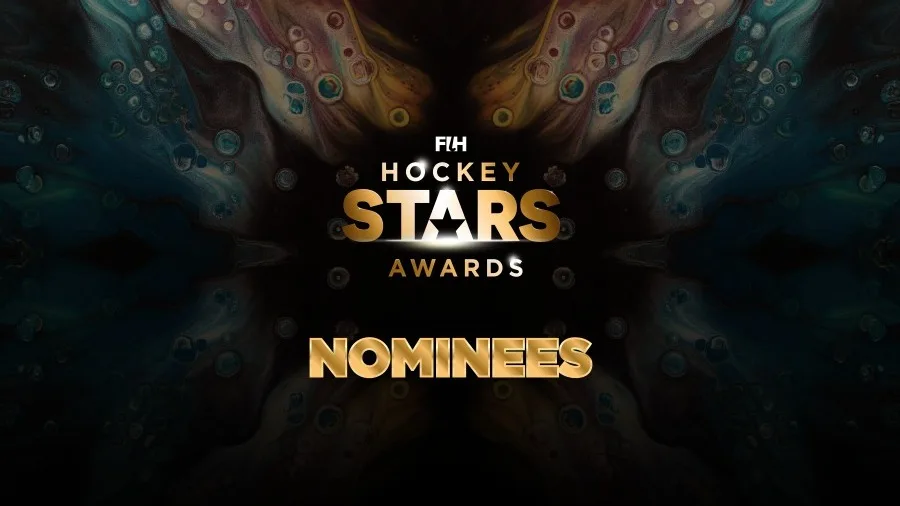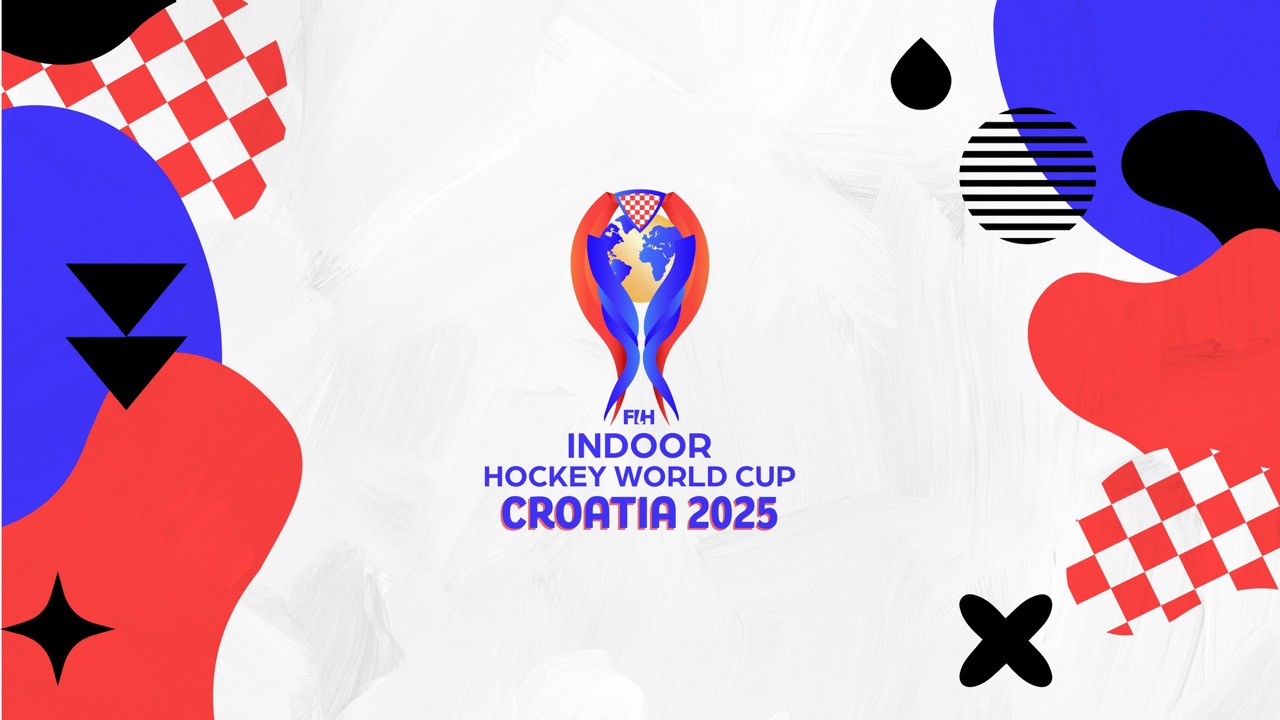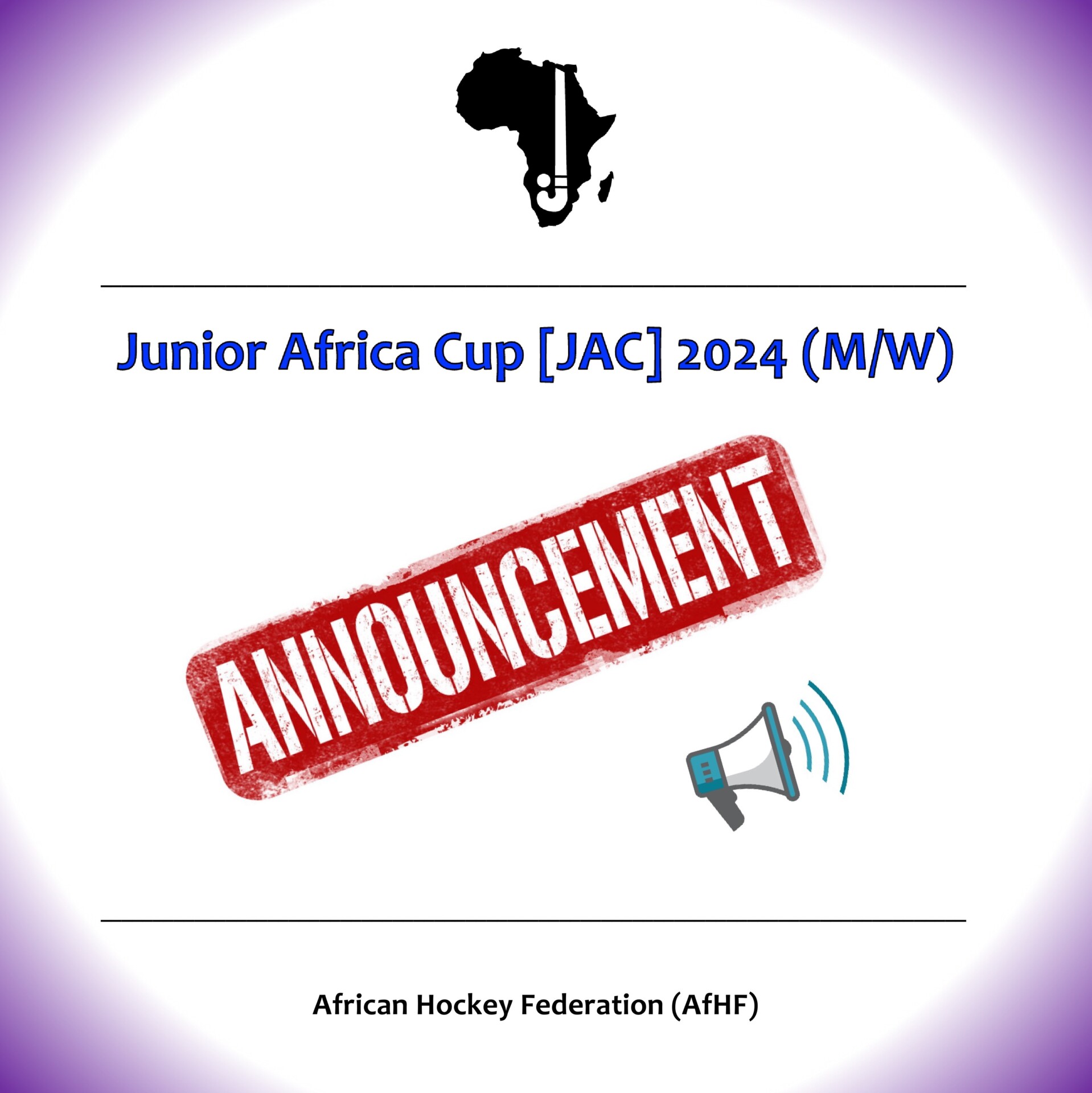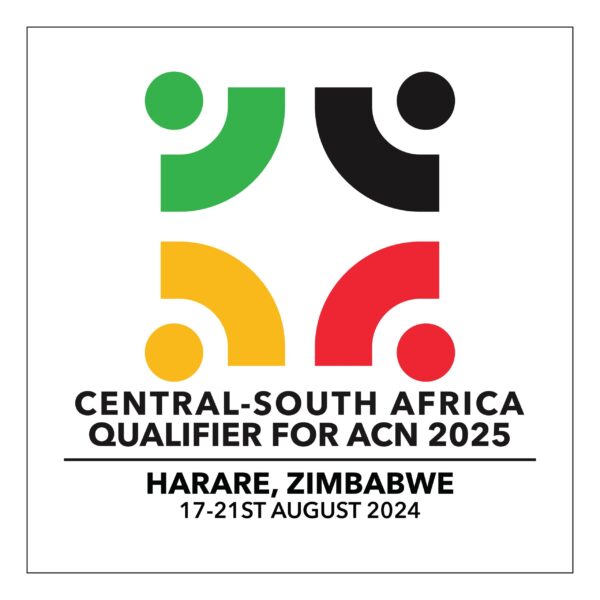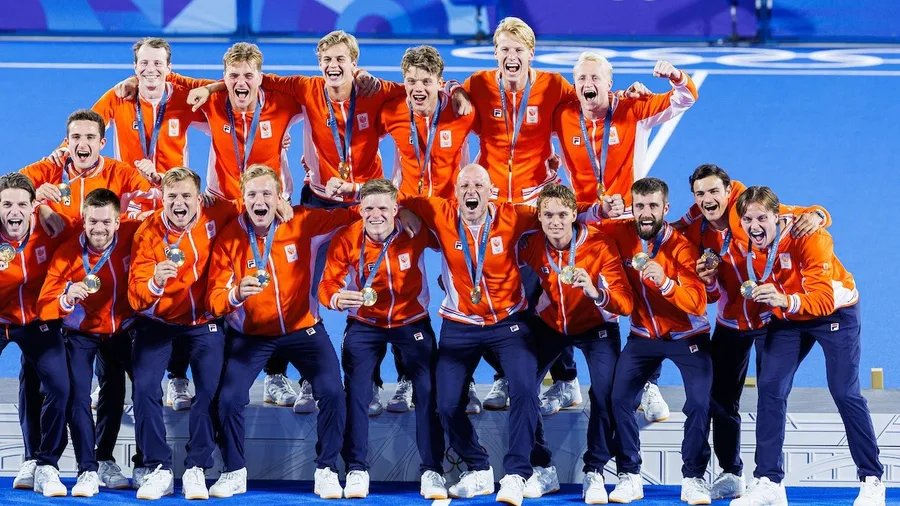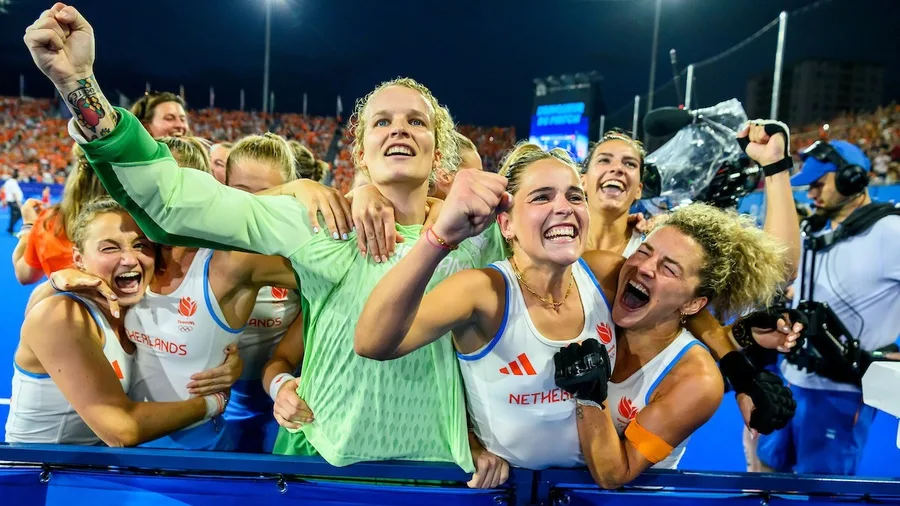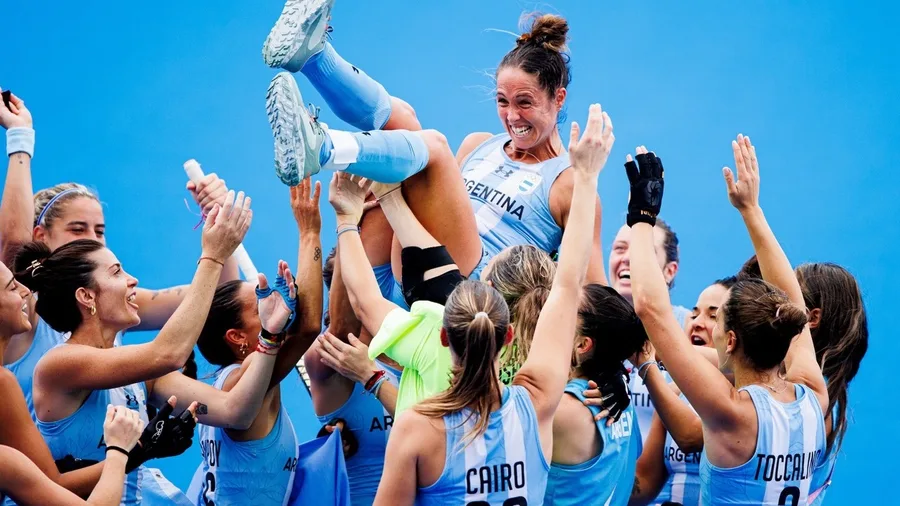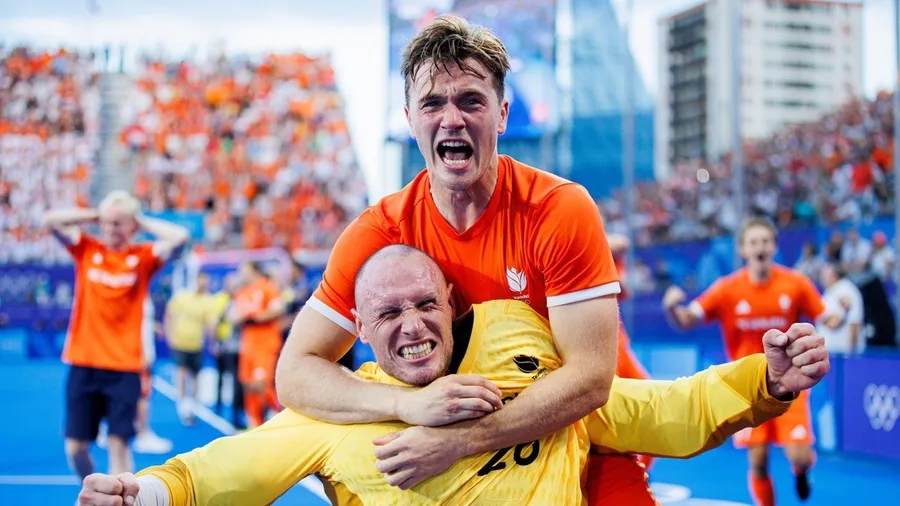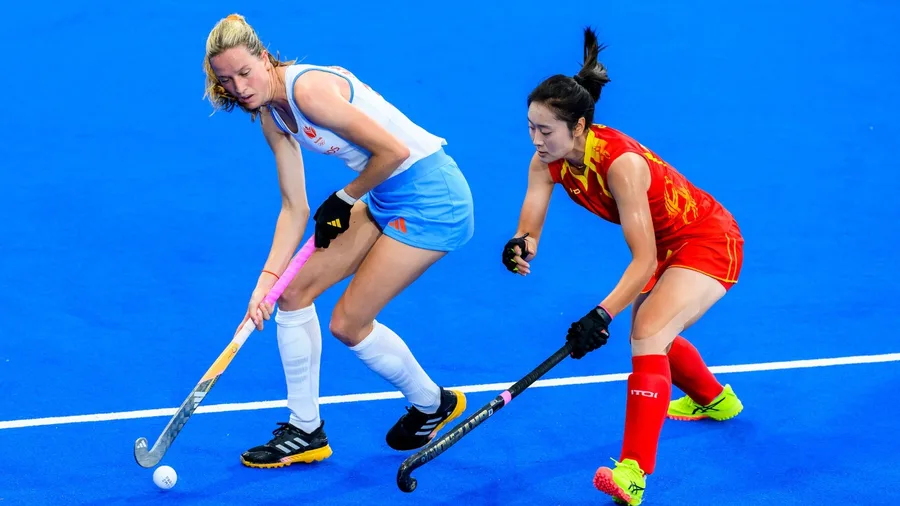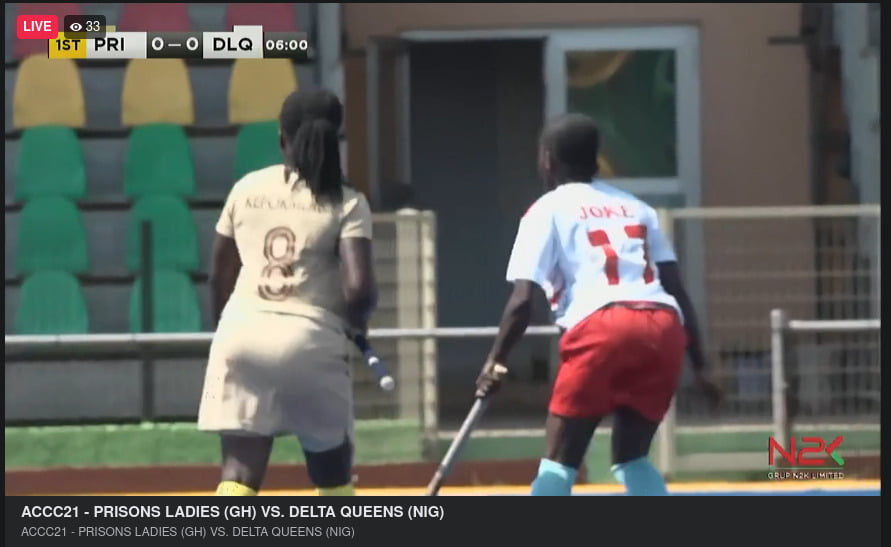Lausanne, Switzerland: The FIH Indoor Hockey World Cup Croatia 2025 promises to be one of the most exciting events in the indoor hockey calendar, bringing together the world’s top teams for a high-paced, action-packed tournament. Set to take place in the historic city of Poreč, Croatia, from 3-9 February, 2025, the event will see elite men’s and women’s teams from across the globe battle for supremacy in this unique and fast-paced format of the game. The ticket sales for the event have begun today and can be purchased by clicking here (English) or here (Croatian). Venue: Zatika Arena The 2025 Indoor Hockey World Cup will be hosted at the Zatika Arena, one of Croatia’s premier indoor sports venues. With a seating capacity of 3700, this state-of-the-art facility has previously hosted major international sporting events, making it the ideal location for this global hockey spectacle. Fans can expect a vibrant atmosphere as the world’s best teams compete in an environment designed to enhance the viewer experience, both in person and online. Teams to Watch The FIH Indoor Hockey World Cup will feature 12 men’s teams and 12 women’s teams, each representing the best of indoor hockey from across their respective continents. Europe, known for its strong indoor hockey tradition, will once again provide formidable competitors, with Austria men returning to defend their title while German men’s and women’s teams, who missed out on the previous edition, will each look to add to their tally of three world cup trophies. Teams from Asia, Africa, the Americas, and Oceania will also showcase their talents, with many nations seeking to establish dominance or claim their first title in the indoor format. While Germany and Austria have traditionally been powerhouses in indoor hockey, many others like Iran, Czechia, Poland have emerged as strong contenders, who will once again be in the mix for the title and podium places. This diverse mix of teams ensures a thrilling tournament full of surprises, skill, and international flair. A Unique Format Indoor hockey is known for its intensity and the high technical qualities required, with smaller teams, quicker games, and high-scoring matches, making it a fan favourite. Played in a 6-a-side format, the tournament emphasises speed, agility, and tactical precision. Games are shorter than traditional outdoor hockey with perimeter boards on the sides keeping the ball in play for longer, adding to the excitement and unpredictability of the competition. The 12 teams (in men’s and women’s competition) have been placed into three pools of four teams each. Men’s Pool A: Austria, South Africa, Poland, Croatia Pool B: Iran, Argentina, Germany, Malaysia Pool C: Belgium, Australia, Namibia, Trinidad & Tobago Women’s Pool A: Czechia, Belgium, USA, Croatia Pool B: Austria, South Africa, Poland, Thailand Pool C: Australia, Germany, Namibia, New Zealand The top-8 teams from across the three pools will qualify for the quarterfinals, while the remaining teams will play in the 9-12 position playoffs. Schedule The schedule for the FIH Indoor Hockey World Cup Croatia 2025 can be found here. Ticketing Information With indoor hockey growing in popularity, tickets for the FIH Indoor Hockey World Cup Croatia 2025 are expected to be in high demand. Fans eager to witness the fast-paced action live, in the most vibrant of settings, can purchase tickets online starting today, 17 October, by clicking here (English) or here (Croatian). Croatia: A First-Time Host This is the first time that Croatia will host a global FIH event, and the country is gearing up to welcome players and fans from all over the world. With a growing stature in international hockey, Croatia’s hockey community is excited to showcase its facilities and passion for the sport on the global stage. The event is not only a significant opportunity for Croatian hockey but also for fans worldwide to experience the sport in a new and vibrant setting. The FIH Indoor Hockey World Cup Croatia 2025 is set to deliver unforgettable moments of sporting excellence, with the world’s best indoor hockey players ready to compete at the highest level. As we countdown to February 2025, the anticipation continues to build for what promises to be a spectacular event that will bring together the global hockey community in celebration of the indoor format. FIH President Tayyab Ikram said: “With the launch of the ticketing process, the 2025 FIH Indoor Hockey World Cup in Poreč, Croatia, is becoming even more “real”, in particular for the fans who can now make sure that they won’t miss the party! This is all the more exciting that Croatia will host an FIH World Cup for the very first time! It’s a commitment from FIH and from myself to organise our events in new territories, and therefore garner new fans. We look forward to a magnificent event!” Croatian Hockey Federation President Damir Hrupec added: “We are very proud that the Croatian Hockey Federation is organising the FIH Indoor Hockey World Cup 2025 in Poreč, Croatia. We welcome you all to join this tournament! The Croatian Hockey Federation and all hockey players in Croatia can’t wait to show how “small” hockey countries are capable of organising such a big event. I am convinced that everyone who comes will enjoy top-class indoor hockey, Poreč and Croatia.” Mark your calendars for this exciting showcase of skill, speed, and strategy! #IHWC2025 #HockeyEquals #HockeyInvites For more information about FIH and hockey in general, please download the Watch.Hockey app or follow the FIH social media channels – Facebook, Instagram, Twitter/X – and website.
